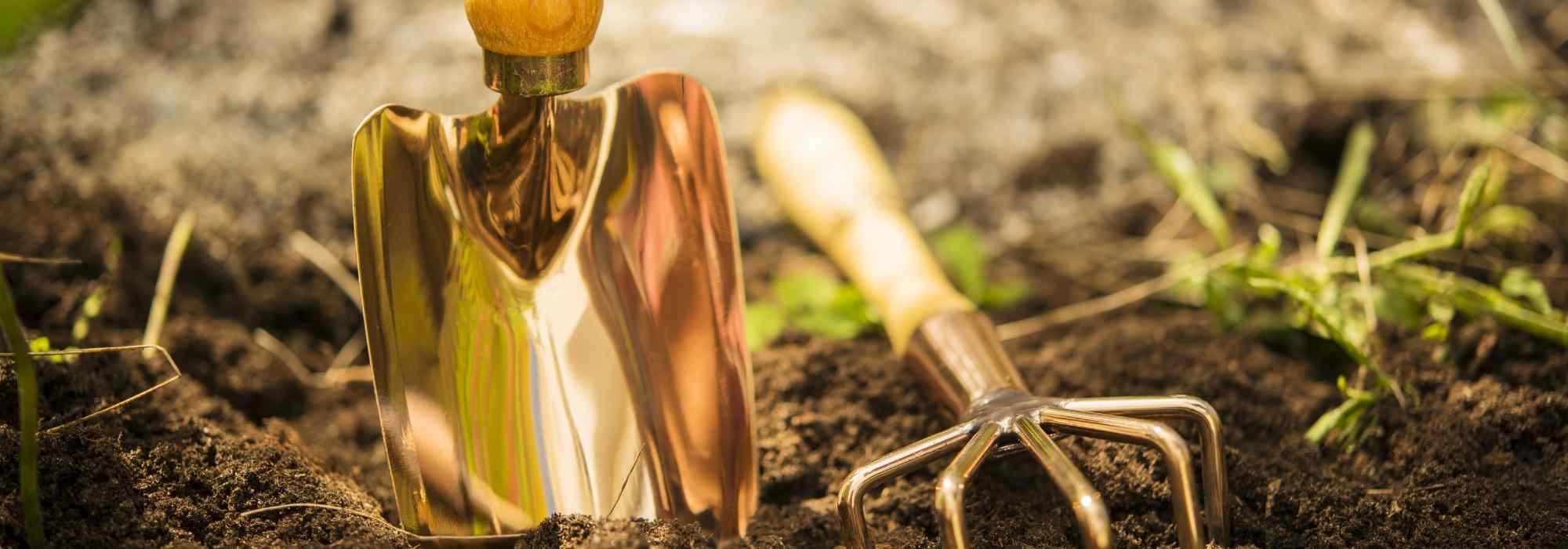
Copper garden tools
a return to the roots
Contents
Copper is a metal used by humans for millennia. It is therefore not surprising to find gardening tools made of copper (alloyed with a bit of tin) today: trowels, hoes, spades, rakes… Why such enthusiasm for copper tools? In addition to being beautiful, copper is virtually unalterable: it does not rust and does not dull. But what are the other advantages of copper gardening tools? Let’s have a look.
Copper: a metal that has accompanied us for millennia
Copper (Cu in the periodic table of elements) is a metal that naturally occurs in low doses within the Earth’s crust.
Copper is the oldest metal used by humans: its use dates back to the 6th millennium BC. Indeed, copper is one of the easiest metals to work with and to melt using a simple wood fire. Later (around 2000 BC), humans created copper alloys, notably with tin to produce bronze: stronger, easier to cast into a mould, and more resistant to corrosion.
Today, copper is still widely exploited. The largest producers of copper are Chile for the world and Poland for Europe. China and Japan are the two countries that use the most copper in their industries. Copper is used in various applications such as the manufacture of cables and electrical wires, the construction of rails, parts for televisions, radios, and watches, automotive radiators, in civil construction and architecture, as well as for minting coins.
Copper is also an essential element for all forms of life: animals, plants, and microorganisms. In humans, for example, it is present in our bodies within the proteins and enzymes of the liver and muscles, as well as in bones, at a rate of 1.4 to 2.1 mg/kg. Copper is beneficial to mammals (including humans) primarily in the formation of haemoglobin and immune defence. For plants, copper is useful for photosynthesis, lignin formation, and enzymatic activity.
However, caution is advised: excessive absorption of copper can lead to ecotoxicity in plants and animals. This is why environmentally conscious gardeners no longer recommend the use of Bordeaux mixture. Indeed, the copper contained in Bordeaux mixture can, over time, poison the soil and significantly reduce the activity of soil fauna and microorganisms.
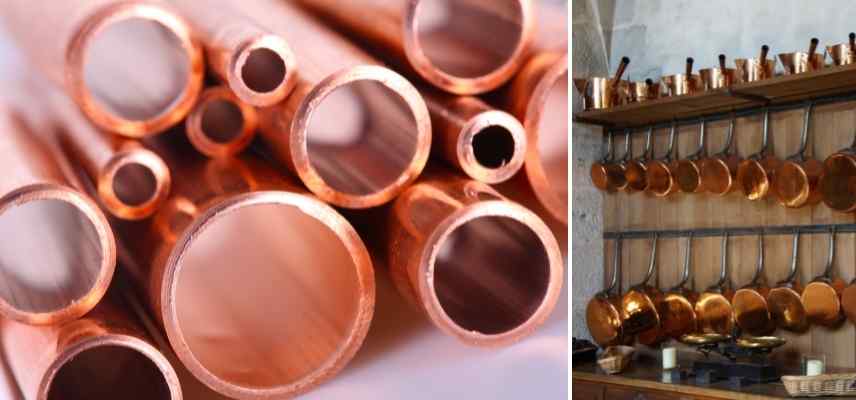
Read also
Garden tools: essentialsWhy using copper for gardening tools?
In reality, we are talking about copper tools, but the metal parts of these gardening tools are made from an alloy containing 92% copper and a little tin.
In the 1950s, Austrian biotechnician Viktor Schauberger conducted a series of targeted tests on various agricultural and gardening tools. One of the aims of these tests was to compare the soil’s reaction based on the metal used. According to him, iron and steel tools would deposit iron particles into the soil. These particles eventually oxidise and create a rust veil at the soil level: this veil would then lead to a quicker drying of the soil. Furthermore, according to his research, iron particles would disrupt the soil’s magnetic fields, which in turn affects soil life.
According to Schauberger, copper tools, on the other hand, would also deposit particles into the soil: this time copper ions (Cu2+) that do not disrupt magnetic fields, do not create a rust veil, and, most importantly, would provide an excess of copper to the soil and the organisms living in it. This excess of copper helps improve plants’ resistance to diseases, “boosts” soil life, and has a beneficial effect on the soil’s water content. Additionally, copper has bacteriostatic and antifungal properties.
Fact or fiction?: it’s hard to judge. Is the deposition of these micro-particles of copper sufficient to be truly significant? Some are firmly convinced, but apart from Schauberger’s tests, no real research has been conducted outside of field trials carried out by gardeners or market gardeners. However, copper gardening tools have other significant benefits in their everyday use, as we will see below.
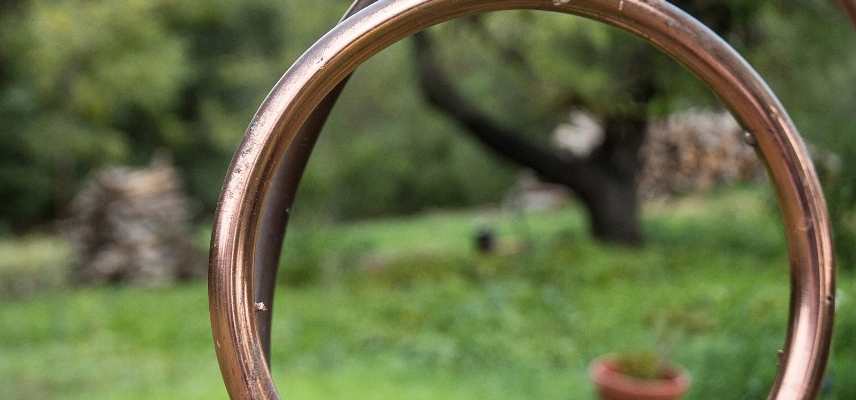
The advantages and disadvantages of using copper
The advantages of copper tools
- They are beautiful: this is the most striking aspect when choosing these tools. It’s the beauty of copper and the tool itself. This may seem trivial and superficial, but after all, why not indulge in beautiful tools;
- They are effective: copper tools penetrate the soil more easily than steel tools;
- They are sturdy: copper is a shock-resistant metal and relatively elastic. If a copper part bends, it can easily be reshaped by hammering. Moreover, copper does not dull. The copper parts remain sharp for a long time;
- They are easier to maintain: unlike iron, copper does not rust. Copper does oxidise slightly, but the addition of tin provides great resistance to corrosion. Copper tools are therefore durable gardening tools that require virtually no maintenance, apart from cleaning after each use.
The disadvantage of copper tools
It must be said that it is difficult to find a disadvantage in using copper tools in the garden. If one really had to find one (and even then: we are nitpicking!), it is that these tools are more expensive to purchase than traditional steel tools. However, as they are also more durable, the investment is quickly recouped.
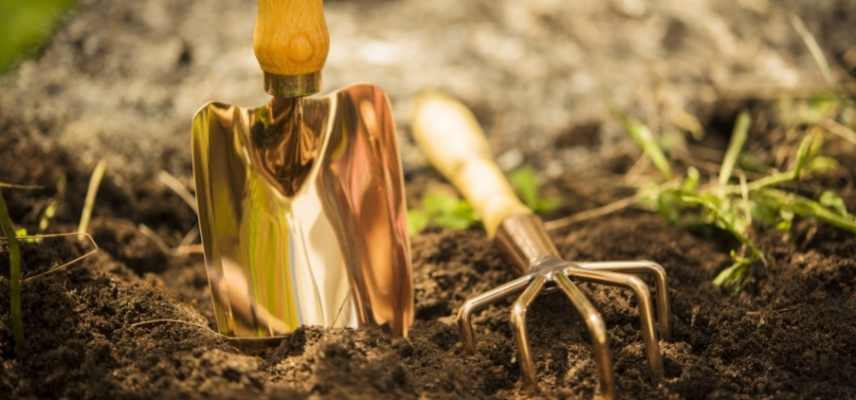
Read also
Main gardening tools and their functionsDiscover our selection of copper gardening tools
There are now a wide range of copper garden tools available. From smaller items like the copper transplanting trowel or copper garden claw to larger tools like the copper pickaxe, copper rake, or copper hoe.
→ Discover the PKS Bronze range of copper gardening tools.
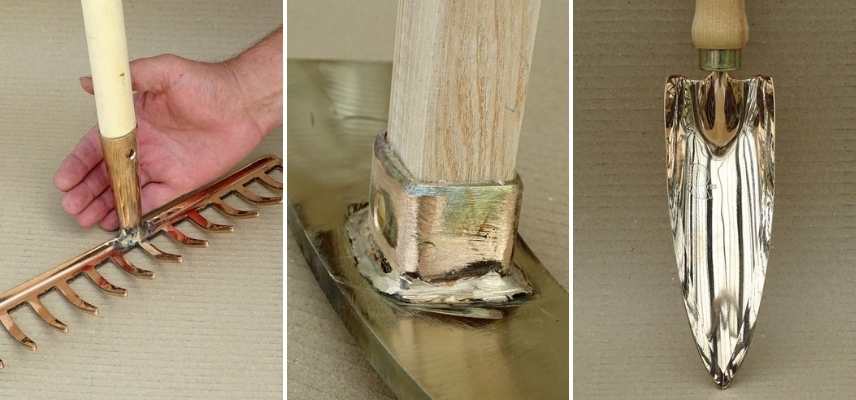
Copper rake, copper pickaxe, and copper transplanting trowel from the PKS Bronze range
- Subscribe!
- Contents
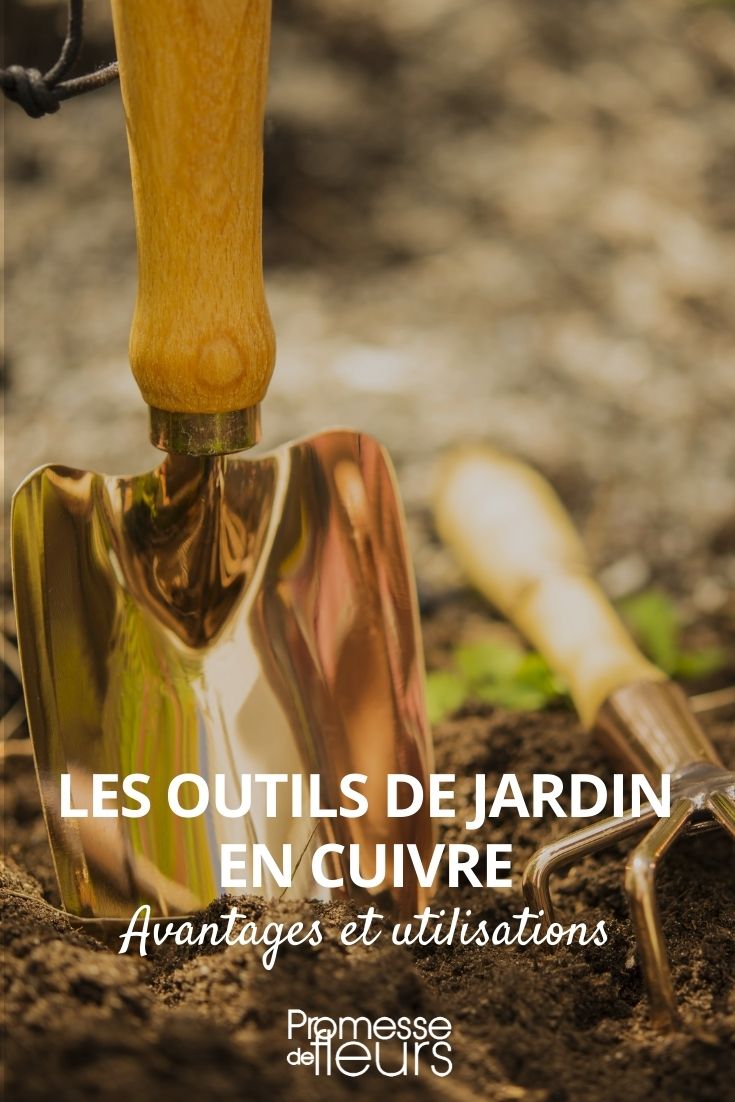






























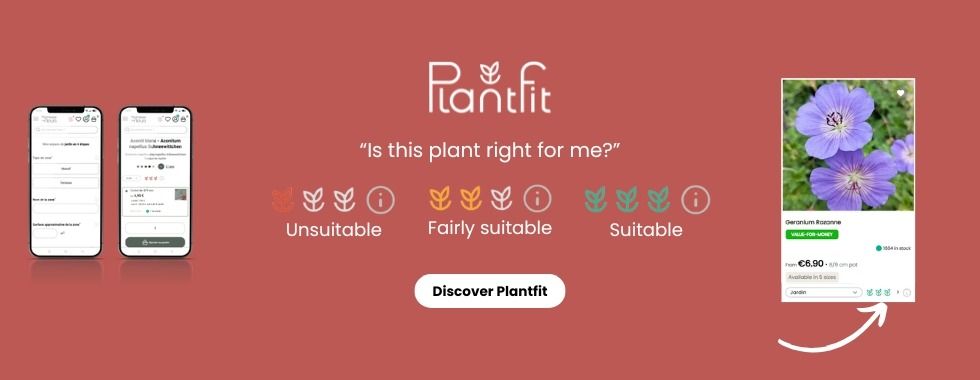
Comments